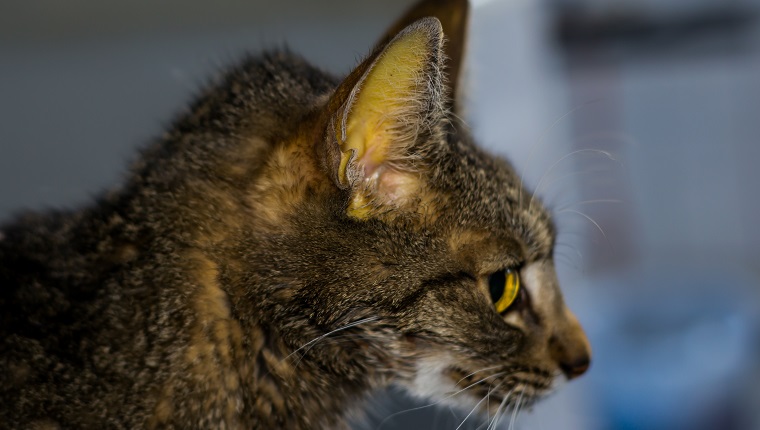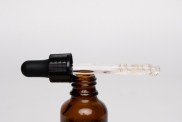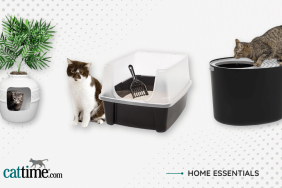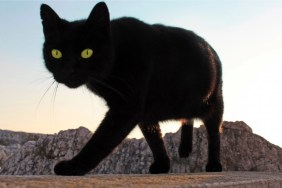Jaundice in cats, also known by the medical name icterus, is a condition where too much of a yellow pigment called bilirubin builds up in a cat’s body.
Once this happens, some of an affected cat’s tissue, skin, and gums start to turn yellow in color.
If you see signs that your kitty might be suffering from this condition, then you must consult your veterinarian for a proper diagnosis and course of treatment. Here’s what you should know about the symptoms, causes, and treatments of jaundice in cats.
Symptoms Of Jaundice In Cats
Jaundice in cats mainly manifests as a yellowing of the skin and gums; although, the presence of fur can make it hard to detect at first. Some of the other symptoms may include:
- Fever
- Acting lethargic
- Lowered appetite
- Vomiting
- Urine and feces that’s an orange color
- Urinating more
- Drinking more water
- Diarrhea
Causes Of Jaundice In Cats
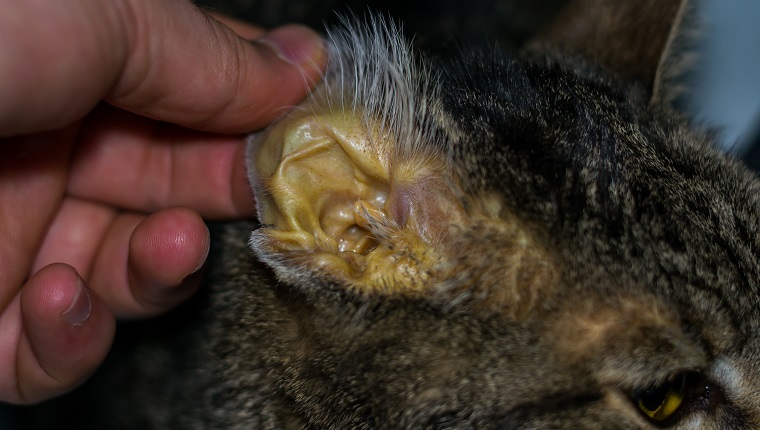
Jaundice in cats is a condition that results from a few issues. In some cases, it can be due to red blood cell destruction in the liver and spleen, a process medically known as hemolysis.
Other causes include diseases of the liver and obstructions, such as gallstones, present in the bile duct.
Treatments For Jaundice In Cats
If you think that your cat might be developing jaundice, your veterinarian will attempt to diagnose the condition by undertaking a full physical examination. Additionally, they may also find blood and urine tests useful in confirming a diagnosis.
Identifying the specific underlying cause can sometimes prove tricky, and your vet will recommend additional tests and procedures depending on the suspected cause.
Treatment, likewise, largely depends on addressing the underlying cause of the condition. Cats may need hospitalization for severe cases.
In general, vets often suggest dietary changes and vitamin supplements help alleviate the issue. In cases where anemia has set in, cats often require blood transfusions.
When a cat is recovering at home after receiving medical treatment, it is important that you follow your vet’s precise advice about lifestyle changes and medication administration. Additionally, regular check ups can help monitor the status of the condition.
Has your cat ever developed jaundice? What was the cause? Tell us all about it in the comments below.
